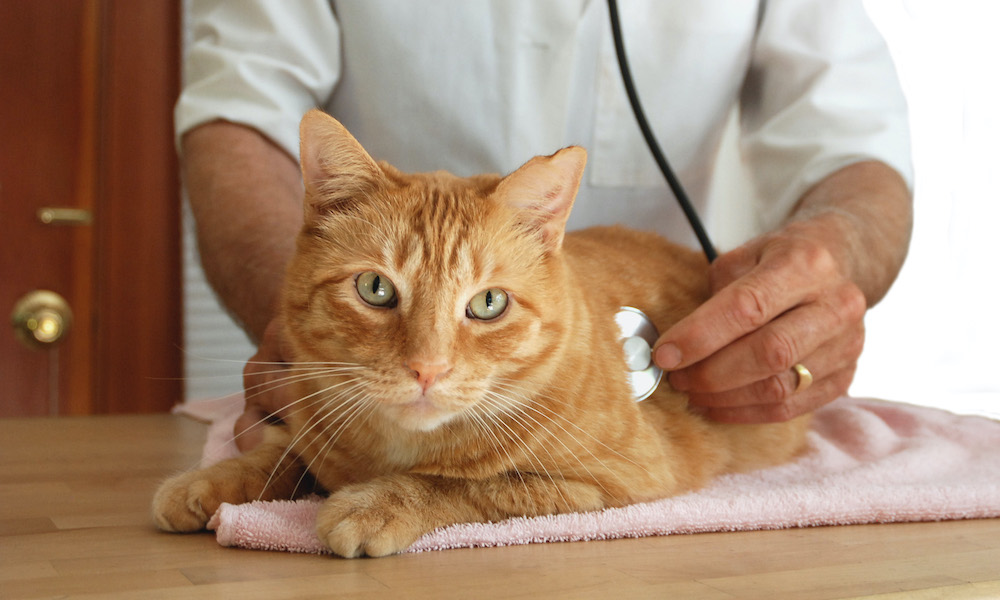
Many pet owners in Naperville and Glen Ellyn ask us, “Just how often do you take a cat to the vet?” The answer will vary depending on your particular feline. Young kittens need monthly vet visits to stay up-to-date on shots, while an adult housecat may only need an annual checkup to ensure that everything is in good shape. In this guide, we’ll explain when to take your cat to the vet to keep your pet happy and healthy with Rescue Vets!
Age and When to Take Your Cat to the Vet
Even when your cat seems perfectly normal, it’s a good idea to head to the vet once per year. An annual checkup can catch minor problems before they become more serious, including everything from obesity to injuries to medical conditions. And if you have an outdoor cat, you might need additional core and non-core vaccinations to protect your feline from the elements. Take a look at when to take your car to the vet based on age:
- Kittens: From 6 weeks until 16 weeks, your kitten needs vet visits approximately every month to receive essential vaccinations. This is also a good time to talk to your vet about spaying, neutering, and microchip services.
- Adults: An annual checkup is generally all that you need for healthy adult cats between the ages of 1 to 7 years old. This will typically cover a head-to-tail physical, blood work, and other testing as needed.
- Seniors: Cats older than 7 years old can benefit from vet visits twice per year. Though cats have a long lifespan, it’s important to catch age-related conditions as early as possible to ensure proper treatment.
Should I Take My Cat to the Vet?
If I notice something unusual, should I take my cat to the vet? The answer is yes. You know your cat the best, so if something seems strange, it’s worth the peace of mind to schedule your appointment. We recommend visiting the doctor as soon as possible if you start to notice the following warning signs:
- Coughing, sneezing, runny nose
- Changes in eating, drinking, elimination
- Changes in activity, grooming, sleeping habits
- Vomiting or weight loss
- Howling or excessive licking
- Hiding or avoiding the litter box
- Shivering or signs of hypothermia
These could be signs of underlying health issues or even anxiety in your cat.

Need to schedule an appointment with a Veterinarian?
Please contact Springbrook Animal Care Center.








